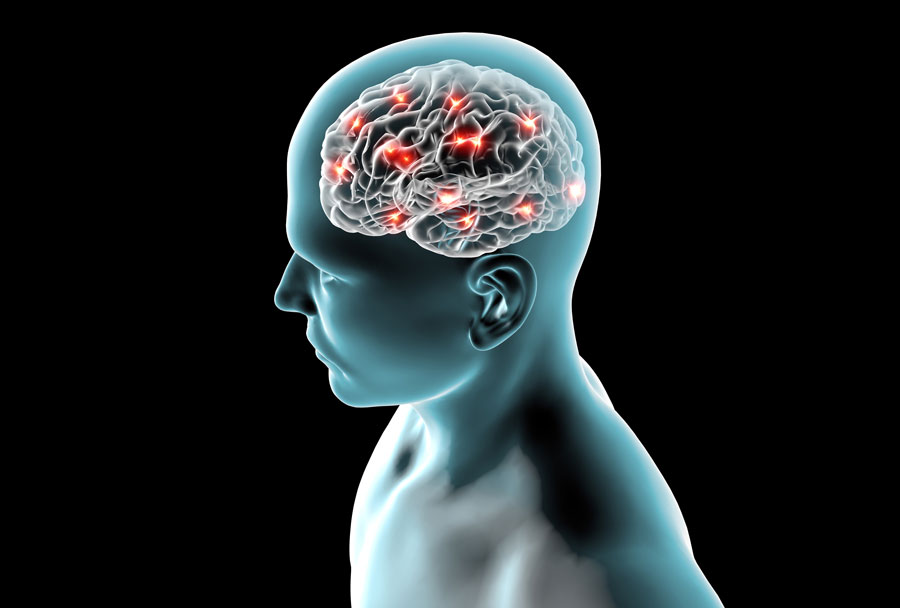What is Brain-Based Therapy When it Comes to Anxiety Treatment?
Neuropsychotherapy, or brain-based therapy, is a type of therapy which helps guide clients to overcome their psychological issues through educating them about how their brains are functioning, and what they can do to help relieve their symptoms. It is a practical therapy combined with warm counselling support, which aims to give clients of all ages practical tools, knowledge, and strategies to actively work towards addressing their area of concern.
Brain-based therapy incorporates knowledge from the latest in neuroscience research, well-researched psychological strategies, and a deep understanding of our social relationships and attachments, to help guide effective treatment.
The brain-based perspective recognises that the brain has ‘plasticity’ (often termed as “neuroplasticity’). Neuroplasticity refers to the amazing ability of our brains to change and adapt it’s own structure in response to the environment. When we learn new information and master new skills, we are adapting and changing our brains.
Most of this change happens during childhood and adolescence where normal development is helping to construct many of the brains networks, pathways and connections, but our brains also have the ability to be moulded and shaped to some degree throughout our lives.
These changing neural pathways, processes, and connections in the brain play a vital role in the study of psychology because they can directly affect the way we feel, how we think, and how we act. The ability for our brains to change in response to factors in our environment also strongly emphasises the importance of early intervention and how psychology treatment can help facilitate this change and growth in optimal ways, and prevent the development of mental health issues later on in life.
Our brain’s architecture changes in response to normal processes of development, but also in response to our experiences in our life.
There are lots of factors that can influence how our brain adapts and changes throughout our lives, and the ways in which our brains learn to deal with stressful or anxiety provoking situations.
For children, adolescents and adults who are grappling with on-going stress, anxiety or panic symptoms, they can naturally find themselves in a pattern of using avoidance strategies to deal with events or situations that trigger those feelings. This might include avoiding situations, places, people or events, suppressing emotions, blocking out thoughts and feelings, procrastinating and putting off tasks, and generally refusing to approach things that create uncomfortable, anxious or stressful feelings.
The problem here is that if our brains learn to use avoidance as the primary way of dealing with something, then over time, these avoidance patterns can start to restrict our world and hold us back from doing the things we want to be able to approach and do.
Brain-based therapy understands how the brain can develop these avoidance patterns and can work towards helping individuals of all ages and stages to learn ways to deal with the moment and develop more resilient “approach behaviours”.
One of the most effective parts of brain-based therapy is that clients will not only learn what to do to overcome stress, anxiety or panic, but also why we need to do these things. Through supportive therapy, progress tracking, and feedback, individuals move towards positive change – and in the process – the brain has ultimately developed a more robust, resilient and confident way to respond. (For smaller children, effective treatment usually incorporates clear, practical, and informative strategies for parents, and easy-to-understand coping tools for children).
Lastly, brain-based therapy is often combined with a range of other evidence-based psychological strategies, as well as a warm, trusting and supportive therapeutic space. Treatment is tailored around the individual needs of the client, and as such, is delivered on a level that is appropriate for children, adolescents, and adults.
To enquire about booking an appointment with Shannyn, contact Reception on 0422 868 056.
Or return to our Home Page.
References:
- Arden, J.B. (2010). Rewire your brain: think your way to a better life. New York: Wiley.
- Siegel, D.J. (2010). The mindful therapist: a clinician’s guide to mindsight and neural integration. New York: Norton.
~ Posted By Shannyn Wilson, Psychologist at Shannyn Wilson Psychology

